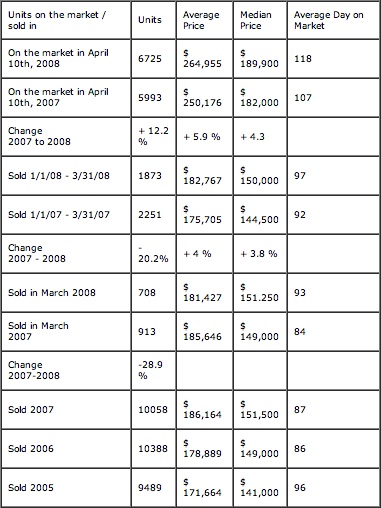Teaching:TUW - UE InfoVis WS 2009/10 - Gruppe 06 - Aufgabe 2: Difference between revisions
Jump to navigation
Jump to search
(headers) |
(page numbers inserted) |
||
| Line 5: | Line 5: | ||
===Critique about the table === | ===Critique about the table === | ||
* The grid encloses the entire table. This should be avoided, because it breaks up the data. (Use white spaces or rules under the header and over the footer instead). | * The grid encloses the entire table. This should be avoided, because it breaks up the data. (Use white spaces or rules under the header and over the footer instead) (Page 136). | ||
* Groups and Breaks: All the content is put in one table. Split the table instead in all the data groups that belong together | * Time based data should be arranged in columns from left to right rather than in rows from top to bottom (Page 142). | ||
* Groups and Breaks: All the content is put in one table. Split the table instead in all the data groups that belong together (Page 143). | |||
* No whitespacing between different groups of the table. | * No whitespacing between different groups of the table (Page 144). | ||
* Headers are not repeated over the different group sections. | * Headers are not repeated over the different group sections (Page 144). | ||
[2004, Few] Stephen Few, Show Me the Numbers: Designing Tables and Graphs to Enlighten, Analytics Press, 2004, Chapter 8 - Table Design. | [2004, Few] Stephen Few, Show Me the Numbers: Designing Tables and Graphs to Enlighten, Analytics Press, 2004, Chapter 8 - Table Design. | ||
Revision as of 15:07, 18 November 2009
Aufgabenstellung
Zu beurteilende Tabelle
Critique about the table
- The grid encloses the entire table. This should be avoided, because it breaks up the data. (Use white spaces or rules under the header and over the footer instead) (Page 136).
- Time based data should be arranged in columns from left to right rather than in rows from top to bottom (Page 142).
- Groups and Breaks: All the content is put in one table. Split the table instead in all the data groups that belong together (Page 143).
- No whitespacing between different groups of the table (Page 144).
- Headers are not repeated over the different group sections (Page 144).
[2004, Few] Stephen Few, Show Me the Numbers: Designing Tables and Graphs to Enlighten, Analytics Press, 2004, Chapter 8 - Table Design.
